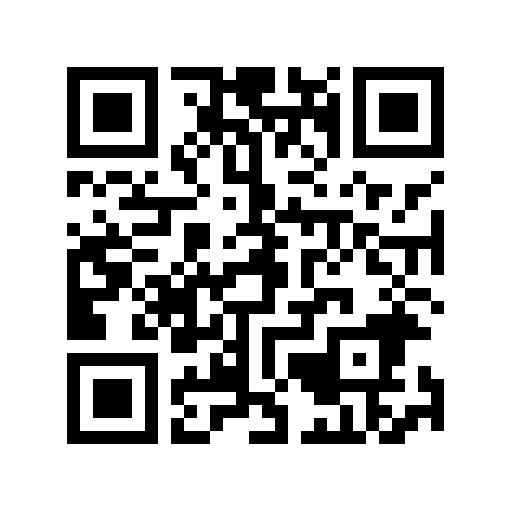
【百家大講堂】投稿論文前你必須知道的事
講座題目:投稿論文前你必須知道的事
Things You Should Know Before Submitting Your Next Paper
主 講 人:Prof. James E. Fowler(密西西比州立大學教授,美國電子電氣工程協會IEEE Fellow,IEEE Signal Processing Letters主編)
時 間:2018年6月29日 13:30
地 點:中關村校區研究生教學樓101報告廳
主辦單位:意昂平台、信息與電子學院
報名方式➡️:掃描下方二維碼

【主講人簡介】

James E. Fowler是密西西比州立大學電氣和計算機工程系教授和研究生項目主任🤏🏻。他的研究興趣包括圖像處理和編碼,高光譜圖像🦡,壓縮感知。他發表了100多篇文章和會議論文。 Google Scholar中的引文總數約為4900次🤷🏿♂️。Fowler博士是IEEE Signal Processing Letters的主編。他還是EURASIP圖像和視頻處理雜誌的副編輯。他曾擔任IEEE Transactions on Image Processing高級區域編輯和IEEE Transactions on Computational Imaging,IEEE Transactions on Image Processing,IEEE Transactions on Multimedia副主編💇🏽♀️。他目前是數據壓縮會議的宣傳主席。他是IEEE的資深會員🙆🏽♀️。
James E. Fowler is a Professor and Graduate Program Director of the Department of Electrical and Computer Engineering at Mississippi State University. His research interests include image processing and coding, hyperspectral imagery, compressed sensing. He has published more than 100 articles and conference papers. The total citation in Google Scholar is around 4900 times. Dr. Fowler is the Editor-in-Chief of IEEE Signal Processing Letters. He is also an Associate Editor for the EURASIP Journal on Image and Video Processing. He was previously a Senior Area Editor for IEEE Transactions on Image Processing and Associate Editor for IEEE Transactions on Computational Imaging, IEEE Transactions on Image Processing, IEEE Transactions on Multimedia. He is currently the publicity chair of the Data Compression Conference. He is a Fellow of the IEEE.
【講座摘要】
本報告將著重於成功發布科技論文中該做和不該做的事(並避免常見的錯誤可能導致的拒稿)。通過關於同行評議的內部信息以及更好地理解作者所期望維護的和審稿人及編輯所尋找的學術道德標準,更順利地引導評審流程。學習如何🐜: 1、 公正地報告你的結果和他人的結果 2👃🏽、 適當地參考並總結你以前的工作 3、 適當地描述和引用之前的工作。通過本次講座,避免抄襲和其他無意的違反學術道德的違規行為,如重復提交🦹,不恰當復製和文獻計量處理📇。對於那些不熟悉IEEE出版的人來說👝,這個講座具有特別的價值(且對那些已經熟悉的人也有用!)。
This presentation and discussion will focus on what to do—and what not to do—for successfully publishing a technical paper (and avoiding common mistakes that can result in a quick rejection). Navigate the review process more smoothly with insider information about peer-review and by better understanding the ethics and etiquette standards that authors are expected to uphold and that reviewers and editors are looking for. Learn how to: fairly report your results and those of others - appropriately reference and include your own previous work - appropriately describe and cite prior work. Attend this session and avoid the pitfalls of plagiarism and other inadvertent ethics/etiquette violations such as duplicate submissions, inappropriate replication, and bibliometric manipulation—all without undergoing personal traumatic experiences! This session will be of particular interest to those who are new to publishing with IEEE (but should also be useful for those who already have as well!).

